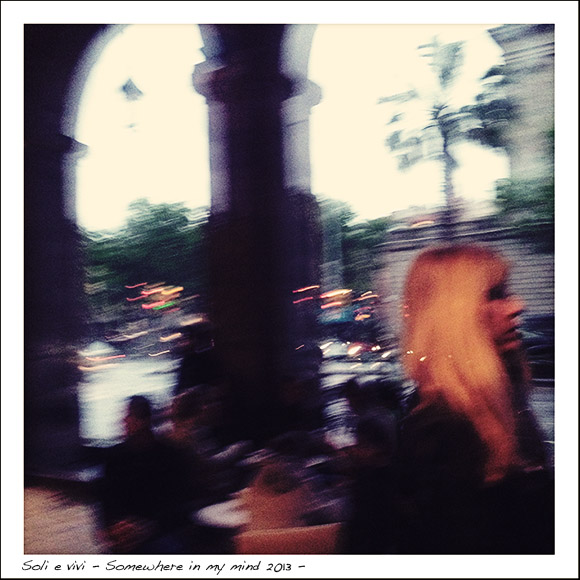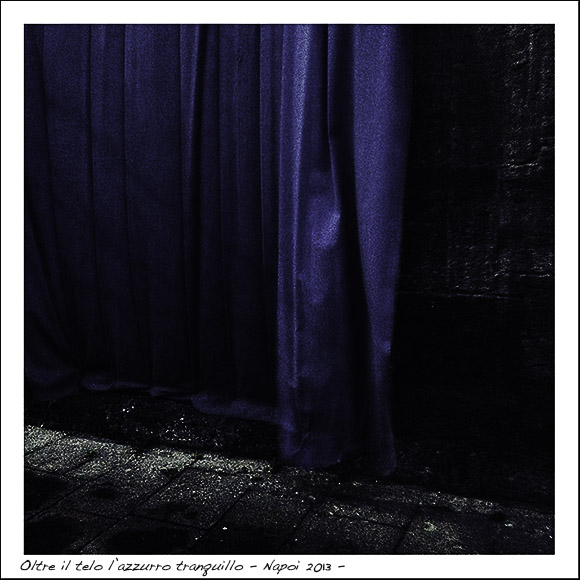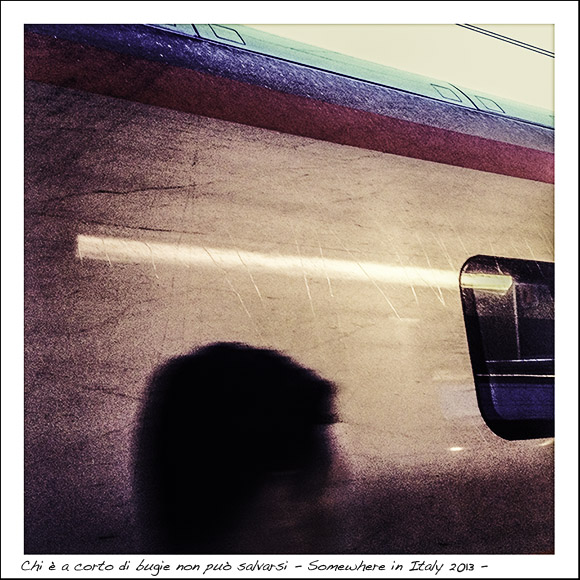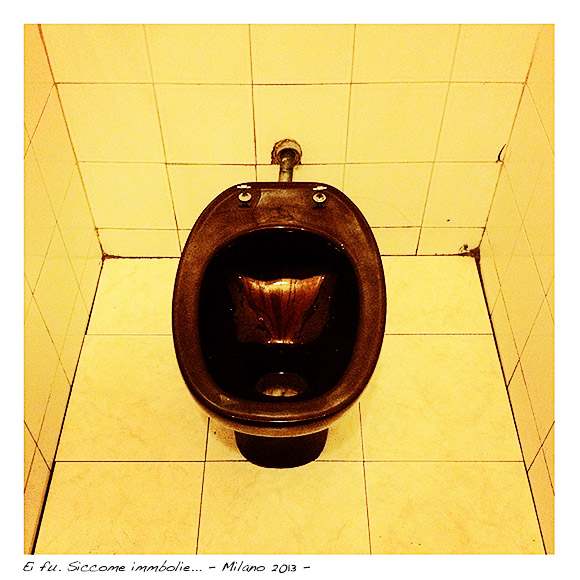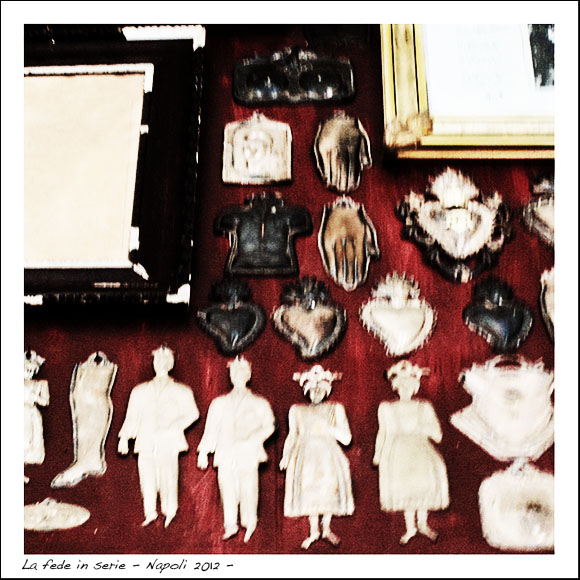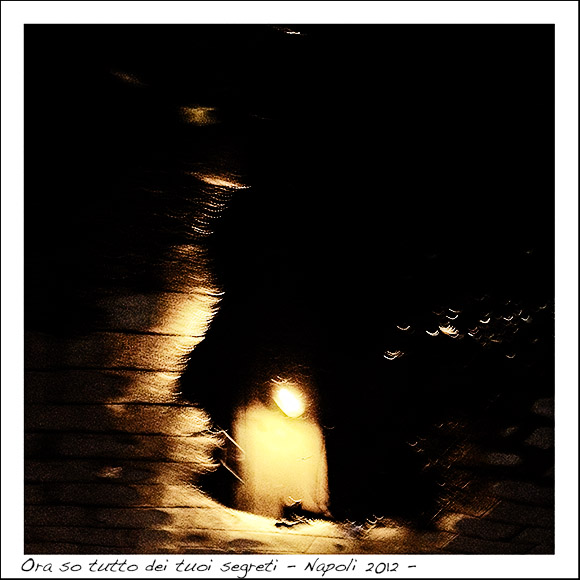
La Poesia di Pablo Neruda
Fu a quell’età…venne la poesia
a cercarmi.non so, non so da dove
uscì, dall’inverno o dal fiume.
Non so come né quando,
no, non eran voci, non eran
parole, né silenzio,
ma da una strada mi chiamava,
dai rami della notte,
d’improvviso tra gli altri,
tra fuochi violenti
o ritornando solo,
era lì senza volto
e mi toccava.
Io non sapevo che dire, la mia bocca
non sapeva
nominare,
i miei occhi erano ciechi,
qualcosa batteva nella mia anima,
febbre o ali perdute,
e mi andai facendo solo,
decifrando
quella scottature,
scrissi la prima linea vaga,
vaga, senza corpo, pura
sciocchezza,
pura sapienza
di chi non sa nulla,
e vidi d’improvviso
il cielo
sgranato
e aperto,
pianeti,
piantagioni palpitanti,
l’ombra perforata
crivellata
da frecce, fuoco e fiori,
la notte travolgente, l’universo.
Ed io, essere minimo,
ebbro del grande vuoto
costellato,
a somiglianza, a immagine
del mistero,
mi sentii parte pura
dell’abisso,
rotolai con le stelle,
si sciolse il mio cuore nel vento.
The Poetry by Pablo Neruda
And it was at that age … Poetry arrived
in search of me. I don’t know, I don’t know where
it came from, from winter or a river.
I don’t know how or when,
no they were not voices, they were not
words, nor silence,
but from a street I was summoned,
from the branches of night,
abruptly from the others,
among violent fires
or returning alone,
there I was without a face
and it touched me.
I did not know what to say, my mouth
had no way
with names,
my eyes were blind,
and something started in my soul,
fever or forgotten wings,
and I made my own way,
deciphering
that fire,
and I wrote the first faint line,
faint, without substance, pure
nonsense,
pure wisdom
of someone who knows nothing,
and suddenly I saw
the heavens
unfastened
and open,
planets,
palpitating plantations,
shadow perforated,
riddled
with arrows, fire and flowers,
the winding night, the universe.
And I, infinitesimal being,
drunk with the great starry
void,
likeness, image of
mystery,
felt myself a pure part
of the abyss,
I wheeled with the stars,
my heart broke loose on the wind.

